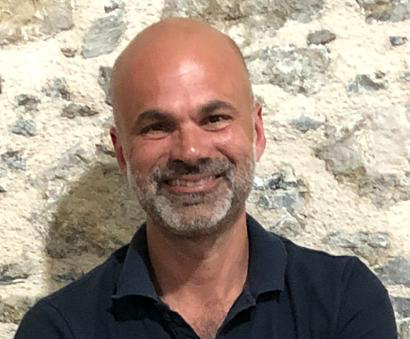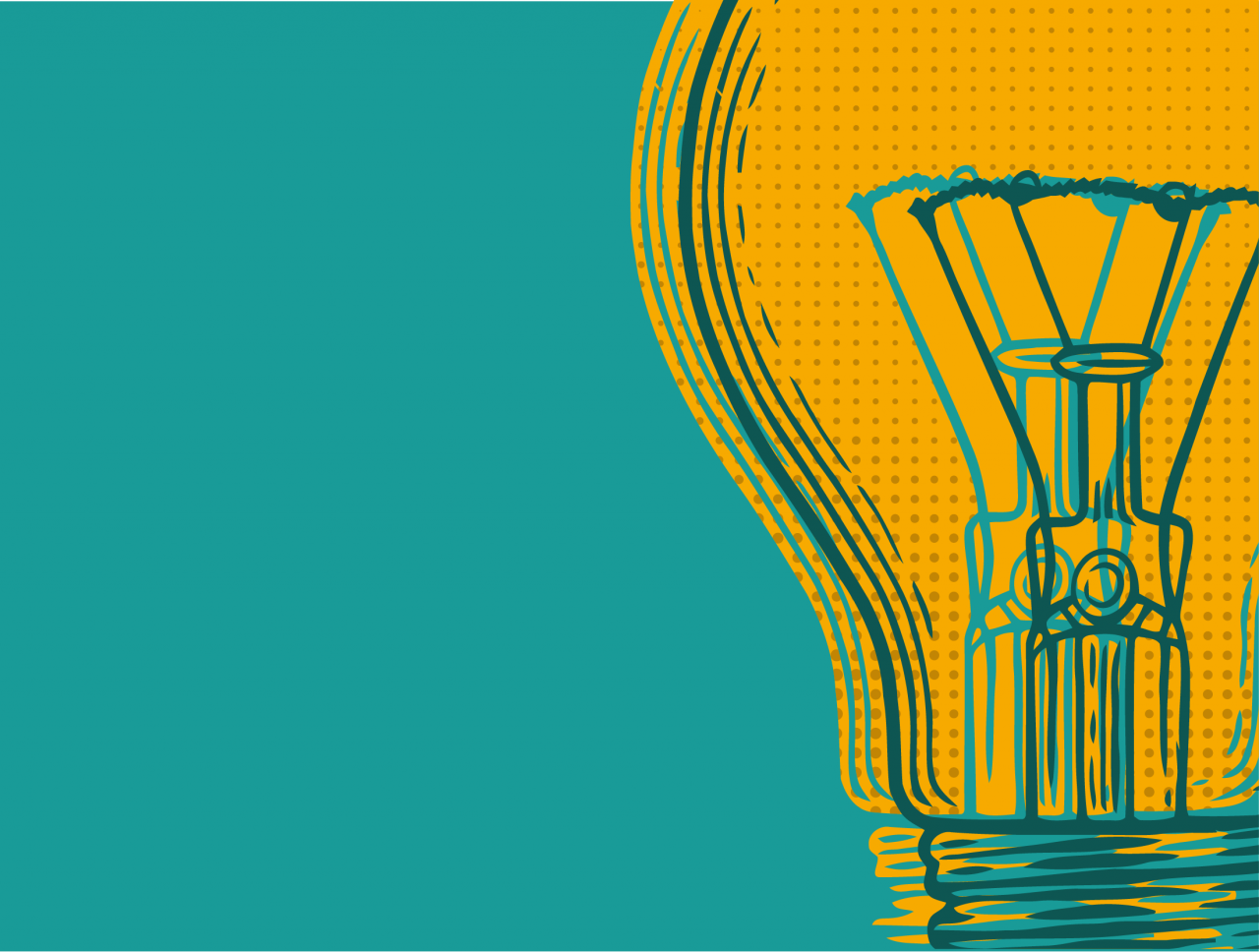 Ioannes Alexiades is a consultant, peer mentor, coach and psychotherapist. He is a registered member of BACP and the Association for Coaching (AC) and is in the process of being awarded a master’s degree in existential psychotherapy from The New School of Psychotherapy and Counselling (NSPC) and Middlesex University. He is also due to embark on the integrative counselling and coaching postgraduate programme at University of East London (UEL), to enable him to better integrate evidence-based coaching and counselling models and to work more effectively as an integrative practitioner. Prior to coaching, Ioannes worked as a consultant across different sectors and industries, which he continues to do on an interim basis, and he provides coaching to senior executives within organisations alongside his private therapy practice. Ioannes joined the BACP Coaching Executive last year. His work includes establishing a list of approved supervisors for integrative practitioners and contributing to the social media strategy for the division. He is also working alongside fellow Executive members in the development of a core competence framework for coaching and its respective alignment with BACP, and encouraging collaboration with other professional bodies and coaching associations.
Ioannes Alexiades is a consultant, peer mentor, coach and psychotherapist. He is a registered member of BACP and the Association for Coaching (AC) and is in the process of being awarded a master’s degree in existential psychotherapy from The New School of Psychotherapy and Counselling (NSPC) and Middlesex University. He is also due to embark on the integrative counselling and coaching postgraduate programme at University of East London (UEL), to enable him to better integrate evidence-based coaching and counselling models and to work more effectively as an integrative practitioner. Prior to coaching, Ioannes worked as a consultant across different sectors and industries, which he continues to do on an interim basis, and he provides coaching to senior executives within organisations alongside his private therapy practice. Ioannes joined the BACP Coaching Executive last year. His work includes establishing a list of approved supervisors for integrative practitioners and contributing to the social media strategy for the division. He is also working alongside fellow Executive members in the development of a core competence framework for coaching and its respective alignment with BACP, and encouraging collaboration with other professional bodies and coaching associations.
How would you describe your journey from therapist to coach (or coach to therapist)?
During my consulting career, I found myself working mainly in professional services and on many occasions focusing on human resources, specifically learning and development requirements. I became involved in fulfilling leadership coaching requirements for senior management roles, which brought me closer to the field of leadership development and allowed me to see the benefits of using coaching models in the workplace. I also worked as a peer mentor supporting members of staff in the workplace for many years, and have supported many programmes, including graduate development schemes and diversity, inclusion and equality initiatives. This combined experience of coaching and mentoring paved the way for me to begin retraining as a psychotherapist. I knew from the start that my psychotherapy training would give my coaching work more depth. Having just completed this training, I feel that the time has come for me to combine both disciplines into my practice as an integrative coach-therapist.
Do you have a coaching niche?
I am firm believer that effective coaching needs to come from the heart. As such, my approach derives from my own experience, both personally and professionally, and focuses on relationships with others. This relational approach allows me to bring my experience of the corporate world into the coaching space, and vice versa. In this sense, I would say that my niche revolves around helping professional people seeking to gain more out of life. From a newly acquired awareness of their inner resources, the coaching process helps them to gain increased confidence and resilience, which then enhances their sense of achievement and satisfaction, both at work and on a personal level.
How has becoming a coach changed you as a person?
I believe that coaching is a way of being, in so far as it has encouraged me to adopt a ‘can do’ attitude to life. Personally, this mindset has allowed me to overcome many challenges and has enabled me to continuously strive to achieve whatever I set my mind to. Furthermore, there isn’t a moment that goes by in which an idea doesn’t emerge about how I can assist others in achieving their ambitions, goals and aspirations. This has allowed me to see coaching as an organic process that develops when we understand our clients better, and there is nothing more rewarding for me than seeing someone blossom. I find this inspirational and I use this experience and the lessons learnt to help myself and others who may be looking to achieve similar outcomes.
Where do you practise?
At present, I am still using my coaching skills in the workplace during the day, to nurture relationships with my stakeholders as a means of showcasing best practice and what coaching can deliver to the business. I also run a private practice, primarily in the evenings, where I provide face-to-face coaching whenever necessary; but most of my clients are happy to have sessions virtually as this provides them with flexibility – much sought after and appreciated by busy executives and clients.
Do you have a typical client?
At this stage, my clients tend to be young professionals – either employees of organisations or entrepreneurs running their own businesses. My experience of being employed and setting up my own business, both in the past and presently with my private practice, has allowed me to help others who find themselves in similar circumstances. Some of my clients are often running multiple businesses and looking to expand. In this instance, the coaching work revolves around their personal development and how they can enhance the performance of their growing number of direct reports.
How would you describe your particular approach to coaching therapy?
I see my work as a coach and therapist as relational, which means that the only way I can make an impact is to be able to establish a connection on a human level. This ability allows me to build on the trust and understanding between myself and my client that develops over time. I often compare it to a joint venture that allows both parties to learn from one another and that better helps to identify the client’s strengths for a more targeted and bespoke way of working. I have incorporated elements from traditional
coaching models, such as GROW/GROWTH and other goal-focused and business partnering approaches in the past, but through my recent
training, I have started using more evidence-based therapeutic modalities, such as cognitive behavioural therapy (CBT), in my work. In my experience, I have found an integrated approach to coaching to be more effective as it is helpful to set the scene for the work ahead by identifying the goal, while combining other methodologies to enrich the process. More recently, I am using Socratic questioning as a form of guided discovery to fine-tune the work and am looking forward to applying the personal consultancy framework with clients through my forthcoming training at UEL.
What’s your biggest challenge currently?
My biggest challenge is finding the time for my day job, my clients in the evenings, and the work that I’m doing with the BACP Coaching division. However, I don’t really see this as a challenge – if anything, it’s an opportunity to become more agile and to further develop my offering to other busy executives.
What do you feel most proud of having achieved?
I would say that I am most proud of the therapy training I have undertaken recently. The training was challenging, given the time required for studies and completion of clinical hours, which meant having to sacrifice work to complete my training. I believe that continuing professional development is something that goes beyond qualifying as a therapist and coach, and feel that this investment in myself is worthwhile and necessary and will ultimately benefit my clients.
How do you resource yourself? What do you enjoy in your spare time?
I tend to recharge my batteries by going on long walks in the countryside, travelling when time permits, going to the cinema,cooking and practising mindfulness. I am a keen art aficionado and like to spend time with friends, many of whom are artists, for inspiration.
What advice would you give therapists interested in coaching?
I would say that it’s important to learn from your work with your clients. As a therapist, I could see in many cases when therapy might come to an end, when the client felt they could move forward from their issues and challenges, and where coaching might then begin. Equally, it’s important to be able to identify what type of coaching attracts you more. Is it executive coaching or life coaching? This decision is very personal, but the soul-searching will allow you to find your own idiosyncratic way of being a coach that combines the therapeutic aspects of your practice.
What does being a member of the BACP Coaching division give you?
It gives me access to a network of other like-minded individuals. The ability to find your tribe is important, and I view it as a form of homecoming that allows me to feel at ease in the knowledge that I’m surrounded by others who are on the same journey. I very much enjoy being part of the BACP Coaching division and to be around such inspiring colleagues, who are working to create the ideal environment for myself and others who identify as coach-therapists. Equally, I believe in our work and mission to support others in their journey to become integrative practitioners.
This article appeared in the July 2022 issue of Coaching Today, which is published by the British Association for Counselling and Psychotherapy (c) BACP

